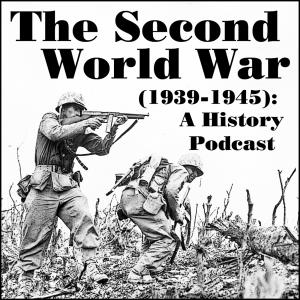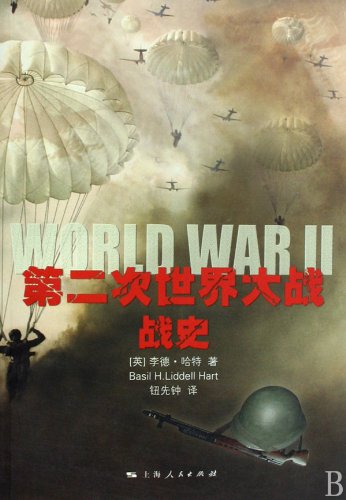

Some critics of the Truman administration thought the United States had not done enough to help the Nationalists. The fall of the Nationalist government on the mainland caused a bitter political debate in America. By the end of the year, Chiang and his Nationalist forces had to flee to the island of Taiwan. Slowly, they began to win battles and capture arms.Įarly in nineteen forty-nine, communist forces took control of Peking - now Beijing - and Tientsin. But Mao and his forces used a growing hatred of the Nationalist government to win support. Communist forces under Mao Zedong controlled the north.īoth the United States and the Soviet Union expected that Chiang Kai-shek would be able to unite China.Ĭhiang and the Nationalists won several early victories over the Communists. The forces of Nationalist leader Chiang Kai-shek controlled the southwestern part of the country. China was a divided nation at the end of World War Two. The situation was made even more tense by news coming from China. This iron curtain divided Europe into a communist east and a democratic west. He described it as an "iron curtain" falling across the middle of Europe.

Warsaw, Berlin, Prague, Vienna, Budapest, Belgrade, Bucharest and Sofia, all these famous cities and the populations around them lie in what I must call the Soviet sphere, and all are subject in one form or another, not only to Soviet influence but to a very high and, in some cases, increasing measure of control from Moscow.”Ĭhurchill warned that the Soviet Union was trying to expand its power. WINSTON CHURCHILL: “Behind that line lie all the capitals of the ancient states of Central and Eastern Europe. WINSTON CHURCHILL: “From Stettin in the Baltic to Trieste in the Adriatic an iron curtain has descended across the Continent.”īritain's prime minister, Winston Churchill, described the situation in a speech in March of nineteen forty-six at Westminster College in the American state of Missouri. So, after the war, it forced a number of countries to establish communist governments.Īmerican History: The Rise of US Influence After World War Two It wanted to extend its own influence instead. The Soviet Union wanted to block western political and economic influence in central and eastern Europe. But Soviet actions after the war shocked the American people. The two countries had fought together as allies in the Second World War. The United States was ready to accept this new responsibility.įor months, relations between the United States and the Soviet Union had been growing worse and worse. It called on President Harry Truman to provide strong American support to help Greece and Turkey resist the communist threat.īritain, in effect, was asking the United States to take over leadership of the Western world. But the concern was that it, too, could become communist unless it received outside help.īritain warned the United States that the Soviet Union would soon extend its control all the way across eastern Europe to the eastern Mediterranean. So, on that February day in nineteen forty-seven, Britain told the United States it would soon end all support for Greece.īritain's second message that day was about Turkey. It needed all its strength to rebuild after the war. A few years later, Britain could no longer help. On the other side were communist-led rebels supported by Yugoslavia and the Soviet Union.īritish forces had helped keep Greece from becoming communist at the end of World War Two. On one side of the fighting was the Greek royal family supported by Britain. Greece had been occupied by Germany during the war. They had two messages from their government. British diplomats in Washington called the State Department. It was February twenty-first, nineteen forty-seven. One can almost name the day when this happened. This week in our series, we look at how British power gave way to American influence after World War Two. I’m Steve Ember.īritain was once the most powerful nation in the world. STEVE EMBER: Welcome to THE MAKING OF A NATION – American history in VOA Special English.


 0 kommentar(er)
0 kommentar(er)
